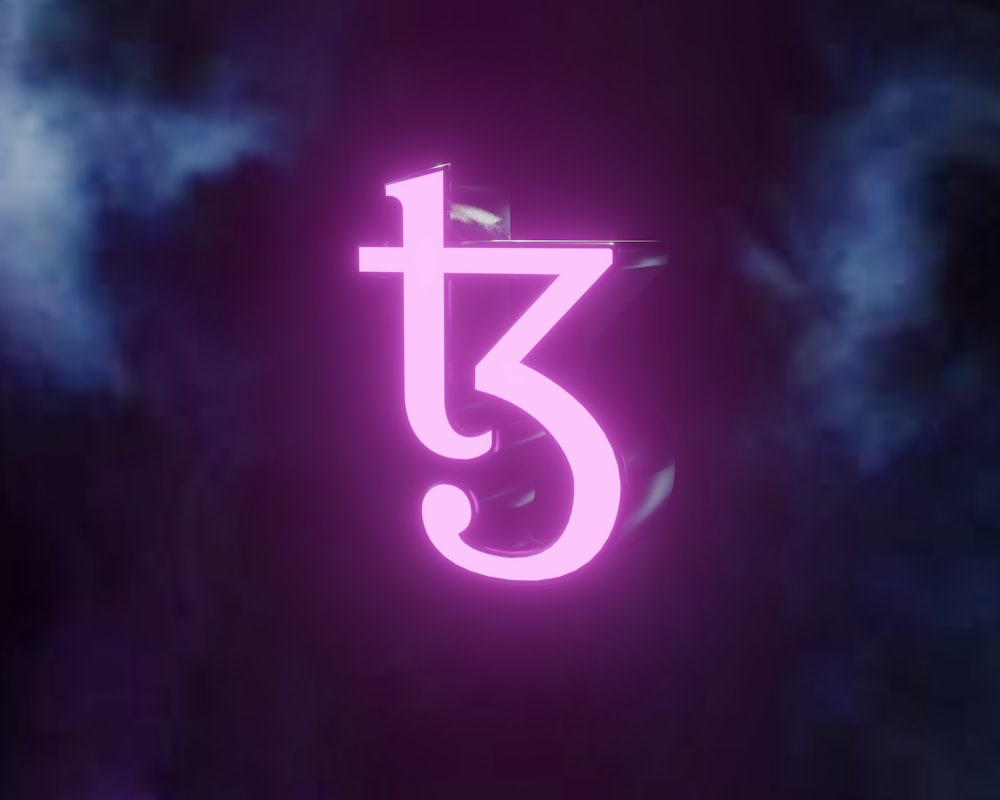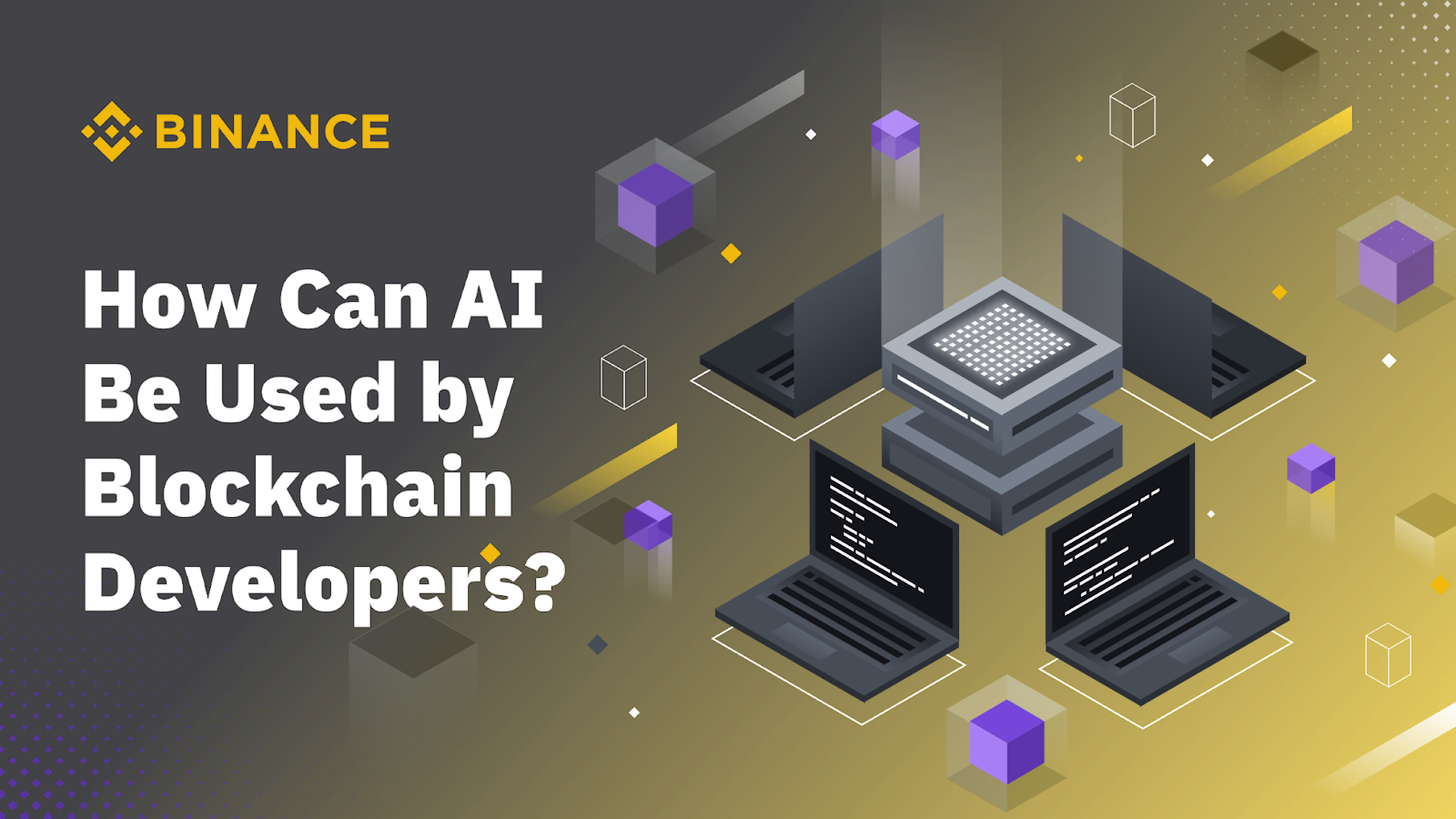
Building Scalable Blockchain Networks with Node.js
Exploring the Intersection of Node.js and Blockchain
Introduction:
In the realm of modern technology, where innovation is the name of the game, Node.js has emerged as a powerful tool for web development. Simultaneously, blockchain technology has revolutionized the way we think about data security and transparency. Combining these two forces opens up a world of possibilities for developers looking to create robust and decentralized applications. Let’s delve into how Node.js and blockchain intersect and the implications for the future of software development.
Node.js: A Backbone for Web Development:
Node.js, built on Chrome’s V8 JavaScript engine, has gained immense popularity for its efficiency in handling asynchronous I/O operations. Its event-driven architecture makes it a natural fit for real-time applications, such as chat platforms and gaming servers. Moreover, its vast ecosystem of libraries and frameworks simplifies the development process, allowing developers to focus on building scalable and responsive web applications.
Blockchain: Transforming Data Security:
Blockchain, on the other hand, has gained prominence primarily for its role in powering cryptocurrencies like Bitcoin and Ethereum. However, its underlying technology, a decentralized and immutable ledger, holds immense potential beyond digital currencies. Blockchain ensures data integrity and transparency by creating a tamper-proof record of transactions, making it ideal for applications requiring high levels of security and trust.
Integration of Node.js and Blockchain:
The integration of Node.js and blockchain opens up a myriad of possibilities for developers. Node.js provides a robust and flexible environment for building blockchain applications, thanks to its non-blocking I/O model and lightweight nature. Developers can leverage existing Node.js libraries, such as web3.js, to interact with blockchain networks and smart contracts seamlessly. This integration streamlines the development process and enables rapid prototyping of decentralized applications (dApps).
Empowering Decentralized Applications:
One of the most significant advantages of combining Node.js and blockchain is the ability to create decentralized applications. These dApps operate on a peer-to-peer network, eliminating the need for intermediaries and central authorities. With Node.js handling the backend logic and blockchain ensuring data integrity and consensus, developers can create trustless and censorship-resistant applications across various industries, including finance, supply chain, and healthcare.
Enhanced Security and Transparency:
By harnessing the power of blockchain technology, Node.js applications can achieve unparalleled levels of security and transparency. Blockchain’s cryptographic algorithms and consensus mechanisms protect data from unauthorized access and manipulation. Every transaction recorded on the blockchain is transparent and immutable, providing an auditable trail of actions. This enhances trust among users and stakeholders and reduces the risk of fraud and data breaches.
Scalability Challenges and Solutions:
Despite its many advantages, scalability remains a significant challenge for blockchain-based applications. The decentralized nature of blockchain networks imposes limitations on transaction throughput and latency. However, by leveraging Node.js’s asynchronous architecture and implementing innovative scaling solutions, such as sharding and layer 2 protocols, developers can overcome these challenges and build scalable and efficient blockchain applications capable of supporting millions of users.
Future Outlook:
As the adoption of blockchain technology continues to grow, the synergy between Node.js and blockchain will play a crucial role







